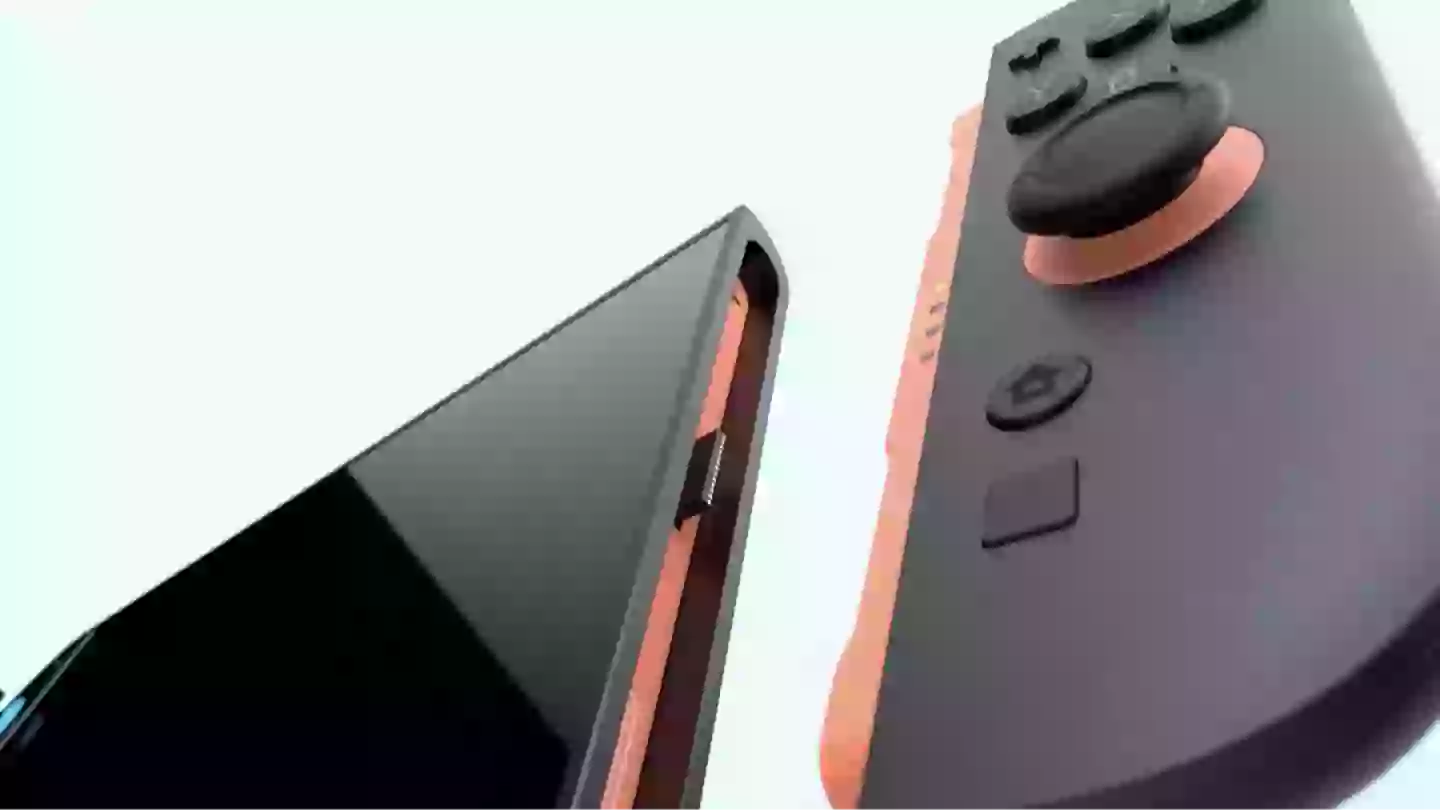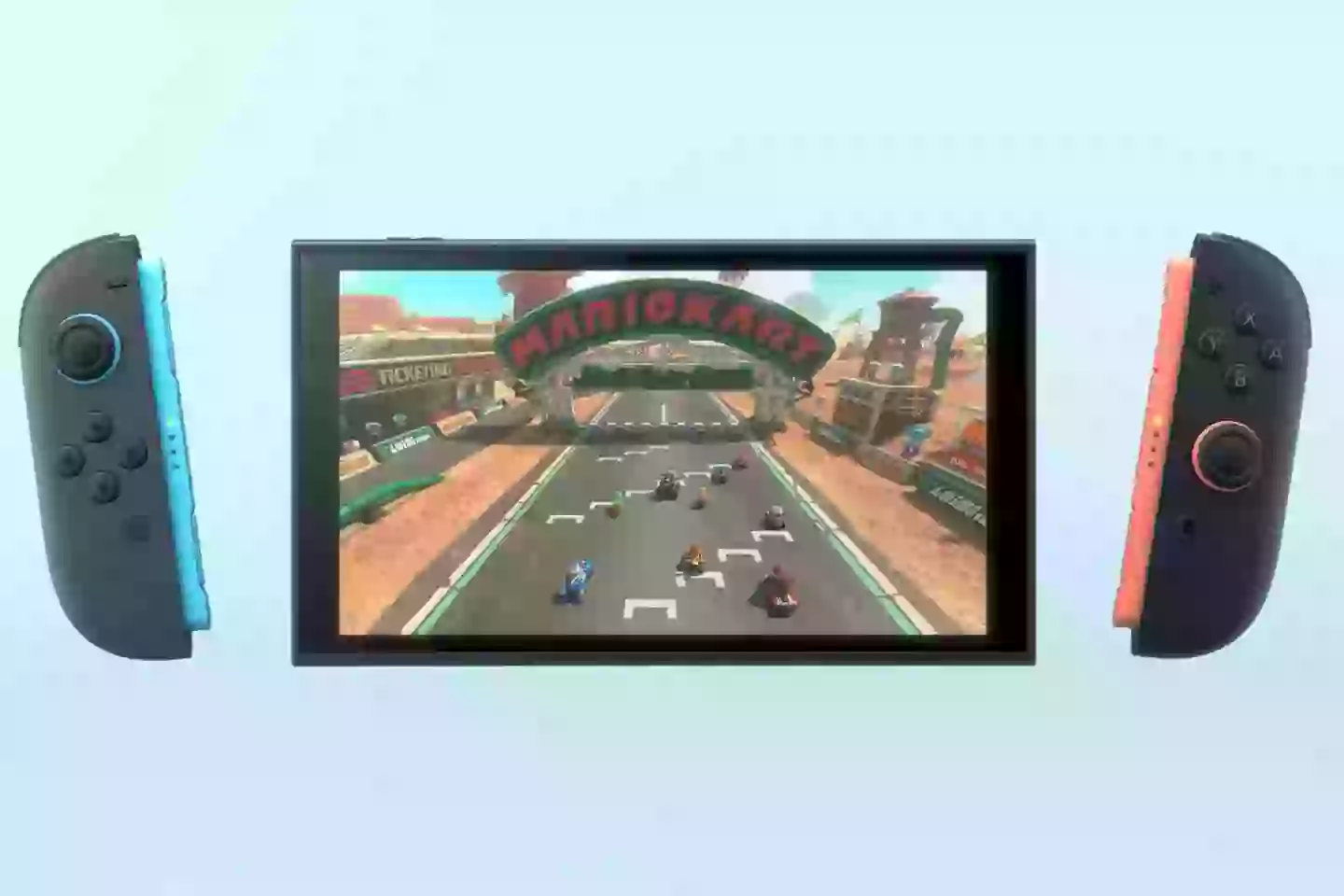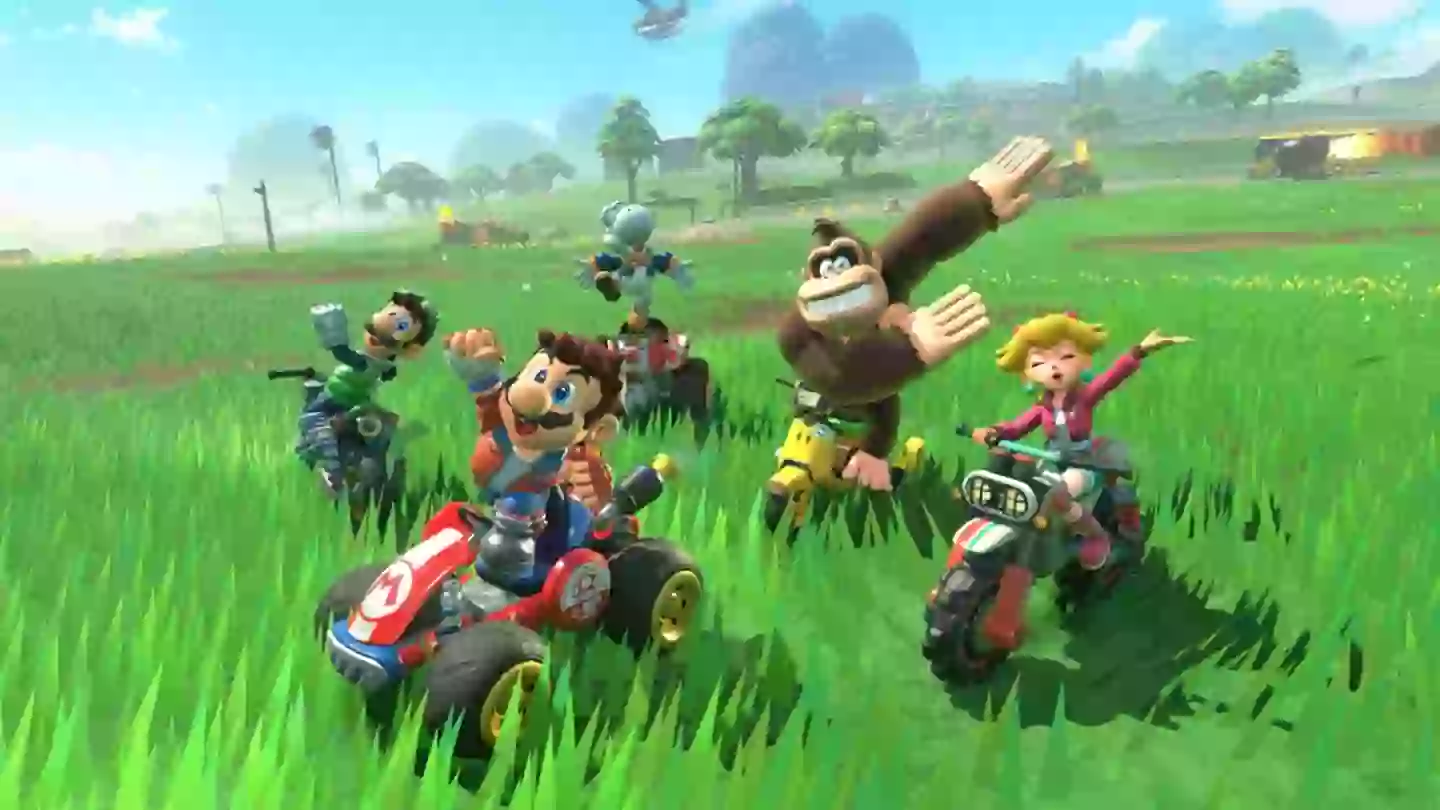
We have a problem in the video game industry, and it’s a hidden, often unspoken, currency that all gamers spend - and even all developers spend too. That currency is time. It may seem obvious now that I’ve said it, but a video game’s inherent worth is often dictated by time nowadays, and this is something that has been prevalent in the industry for the past decade. For better or for worse.
Why am I bringing this up? Well, because the monetary value we place upon games is skewed, and it’s because of how we link it to time spent. For example, many gamers would consider a game to be worthy of a higher price tag if it has the capacity to keep us entertained for hundreds of hours. This, of course, has the opposite effect, too. Some will consider a game that only lasts 10 hours to be worth less money, despite the level of design, imagination, and hard work placed into it by the developers.
Sometimes, it doesn’t even come down to hours spent. Often a player will believe that a AAA game is worth more than an indie title, perhaps because hundreds of people are delivering high quality work for a large studio?! It’s a precarious path that is causing a great deal of stumbles and frustration for consumers, developers, and publishers.
Advert
Video games are, perhaps, the one entertainment medium where each product that comes to market costs a wildly variable price. If I was to buy a music CD in the UK, I’d be paying between £7.99 and £11.99, on average. If I was to buy a Blu-ray film, I’d probably pay around £15 for a new release. Even when it comes to digital purchasing, these albums and films will be priced similarly to their physical counterparts, perhaps saving a couple of quid here and there.
The Switch 2 is bringing a new wave of Nintendo games
Even books see this pattern. A new hardback will average around £16, with a paperback being stocked at a £10 price point. There are no major variances, ignoring the second-hand market or Amazon’s price gouging, but when we look back at games, the variances are all over the place. Some games feel like they cost less than the price of a coffee, while others take a large portion of cash, and that’s before taking things like DLC, Battle Passes, or subscriptions into account.
Advert
You can buy a game for £5, and it might last you 30 hours; there are games that sell for £65 and net you thousands of hours spent playing; and then there are even £20 games that might last two evenings. Nobody, even those who pay close attention to games, knows what they’re going to get when they cough up their cash.
And it’s causing worries throughout the industry. The cost of living crisis, which once seemed like it wouldn’t last long, is wearing everyone down after many years. Our wages aren’t stretching as far as they once did, and now gamers are having to decide between which games to buy based on the value to currency ratios. Sure, it’s a first-world problem, but it’s one worth considering.

This is something I saw a lot when Nintendo dropped the bombshell that their Nintendo Switch 2 games were going to sell for over the £70/$70 price point recently established a few years ago, and will sell beyond £80/$80 if deemed necessary. From Nintendo’s point of view, £80 for Mario Kart World doesn’t seem too bad - it’s a game that likely won’t see a sequel for another eight to 10 years, will be played by multiple people using one cartridge, and will garner hundreds of hours spent playing for a family or group of friends. But that price still feels painful.
Advert
On the face of it, the Nintendo Switch 2 isn’t all that bad for its price. Whether you use all the available technology within the device or not, it’s still a smart piece of tech that warrants a decent price. For many owners, they will use the Switch 2 as much, or maybe even more, than their mobile phones, which cost drastically more than the new console.
The problem gamers are facing is value; £80/$80 is a lot of money to spend on a game, and this shift will certainly price many players out of the next Nintendo console, because even if they’re happy to spend money on the hardware, the software prices are a bitter pill to swallow. Especially if multiple games launch per month at this new price point.

Many arguments emerged after the price reveal, with some saying that the pricing is fair when adjusted for inflation, however, our wages aren’t rising fast enough, and our rent, groceries, utility bills, and other forms of entertainment are hurting our monthly budgets.
Advert
Nintendo might particularly feel this pinch more than others, as their consoles have always felt family-friendly, and more approachable. It’s going to be tough for a working parent to say yes to their kids asking for a new game when it costs more than a week’s worth of food.
It’s an increasingly uncomfortable place to be - developers and publishers deserve to have their work recompensed rightly. Furthermore, it’s an uphill battle for developers and publishers, who are seeing rising costs impact development as they strive to meet technological demands.

What happens when a publisher, it might not be Nintendo themselves, wants to publish a game that costs £70 but only has 15 hours of gameplay? I’d argue that a vast majority of players would simply ignore the game, or wait for a hefty sale discount, even if the game released to waves of positive reviews. We could even see this from Nintendo - Mario Kart World will feature hundreds of hours of play, but Donkey Kong Bananza may only meet a 20-hour lifespan before gamers have seen everything.
Advert
While I don’t believe that time spent should be taken into account when it comes to buying games - it should be the experience that matters - we’re reaching a breaking point for many who love games, seeing themselves being forced out of what they love because of increasing costs. I don’t know what the answer to this problem is, but it’s one causing enough division and ostracising that it will soon become a more monumental problem, beyond just Nintendo, and force some to think that gaming just isn’t for them any longer.
Topics: Features, Nintendo, Nintendo Switch 2, Opinion, Mario, Mario Kart
